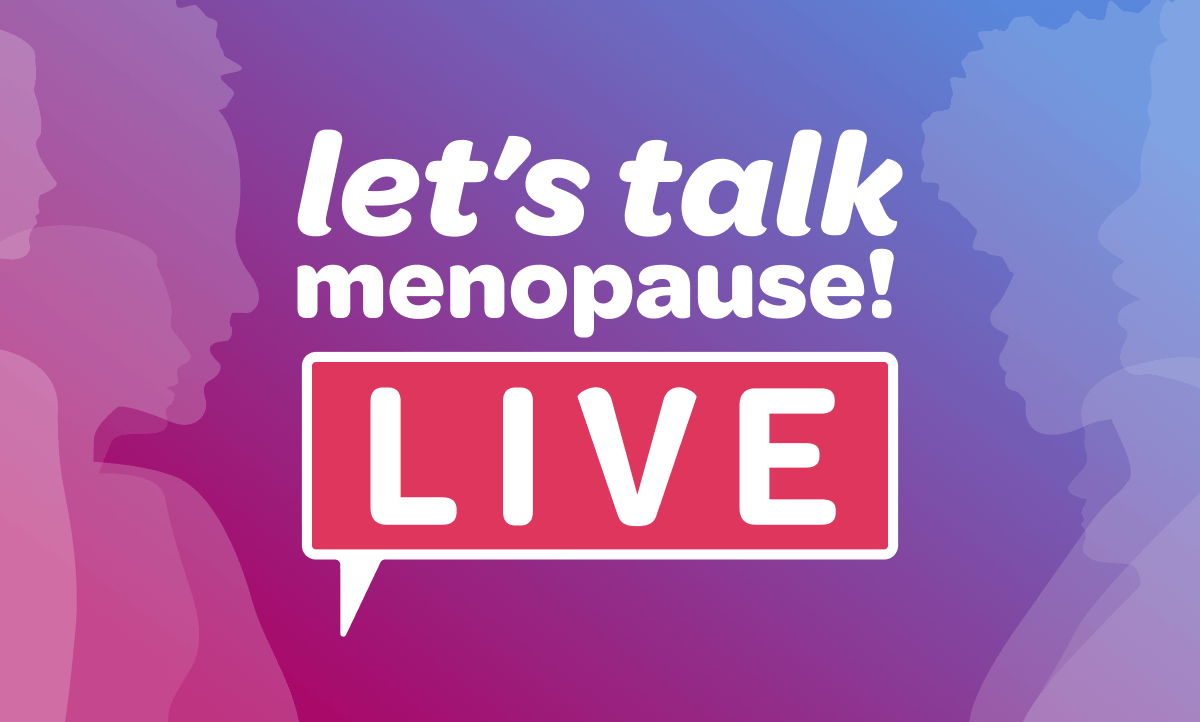
Join us on Friday, May 1st for our 4th annual IN-PERSON menoposium: Taking Charge of Menopause. A half-day symposium featuring Special Host Tamsen Fadal.

Let’s Talk Menopause’s monthly talks feature in-depth discussions with a wide range of specialists.

Menopause. It’s big, it’s life-changing and it’s… hardly talked about. Well we’re gonna do just that.

Your patience is at zero and you’re easily exasperated. You’re quick to anger (okay, fury) and small things may set you off. You are not the only one feeling cranky. Perimenopausal women report irritability as their most common symptom. While you may blame yourself, your shorter fuse is likely the result of hormone fluctuations. Learn more about menopause and mental health.
Pain, heat, and puffiness in the neck, back, knees, ankles, fingers, elbows, or jaw are common complaints from women in the menopause transition. In fact, 50% of perimenopausal women experience joint pain. When you wake in the morning, you may feel especially stiff and creaky because estrogen, which reduces inflammation, is in decline. Learn more in our "Ask the Expert" article here.
Your heart may pound, flutter, or skip a beat. Zigzagging hormone levels can cause your heart rate to spike as much as 16 extra beats per minute. To make things more uncomfortable, palpitations often accompany hot flashes. While it’s important to connect heart palpitations to the menopause transition, they may be indicators of other long-term health risks and should be reported to your doctor. Learn more in our "Ask the Expert" article here.
It's time to talk openly about painful sex. As estrogen levels drop, the vaginal wall thins, becoming dry and less elastic. This means more discomfort during or after intercourse. More than 25 percent of postmenopausal women report dyspareunia, the medical term for this kind of pain. Dyspareunia hurts physically and emotionally, and it may hurt your relationship. If you are suffering, talk with a menopause-trained doctor about treatment options. Learn more here.

This printable resource will help you track symptoms and is a starting point for discussions with your provider.

Find a provider and tips for getting the perimenopause and menopause care you need.


